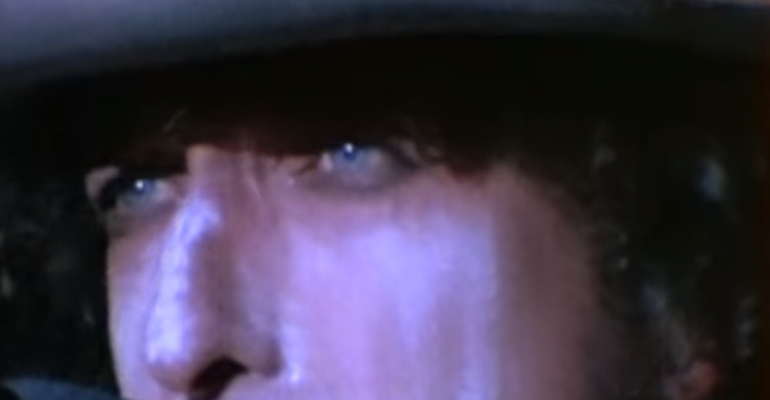
Fifty-two years ago I was listening to a San Francisco morning disc jockey as I got ready to go to work. Don Sherwood said, “Here’s a record by a new young singer, Bobby Dylan.” He pronounced it Die-lan. He played less than one minute of “Girl from the North Country” and scratched the needle on the vinyl record as he took it off declaring, “He can’t sing!”
I, however, was hooked. I had missed Robert Zimmerman from North Hibbing, Minnesota’s, first album, his Woody Guthrie incarnation, but I was completely hooked. And when “The Times They Are A’Changin’” hit the charts, I could finally believe that the emerging peace and justice movements had gone mainstream.
Then came “Another Side of Bob Dylan,” where he “was so much older then, I’m younger than that now.” It took me years to understand how right he was to move on from the left-wingers who tried to ride his coattails to become one of America’s finest poets, to follow his own direction wherever it went. And it went many places: hard rock, old folk, surrealism, Christian, topical, mystical – but it was great poetry all the way.
In the certitude of youth I wrote the “new” Dylan off, but returned a few years later when the sheer power of his poetry meant I could no longer ignore him. It’s true that in his old age – Dylan is 75 – he can often sound like a parody of himself, but the songs, those magical poems set to music, remain as no one else’s.
Fifteen years ago I was deeply involved in Tucson’s off-campus spoken word/poetry scene, with the Hazy Dayz coffeehouse as its center. There were many open mics around town then, and many amazing voices trying to be heard. One gentleman ran a rather genteel open mic, and he and I were talking about poetry one day and I mentioned Dylan. The gentleman took issue with my praise of something Dylan had recorded and I said, “He’s a brilliant poet.”
He said, “Not when he’s singing.” Talking about this later with my cohorts we considered a “takeover” of one of his readings. One person said, “And you can call yourselves the Poetry Thugs.” That name stuck and was the title of a slim volume of local poetry meant to be performed out loud. I suspect that might not have happened without Bob Dylan in our world.
That the Nobel Prize ignored the false distinctions between songs and poems took some guts, and honored a great poet’s decades of creativity. If you have any doubts, just consider this line from “Visions of Johanna:”
The ghost of electricity howls in the bones of her face.
‘Nuff said. Rock on, Bob!
